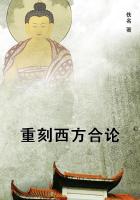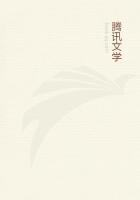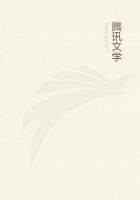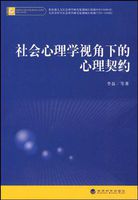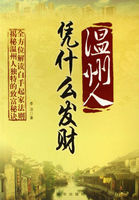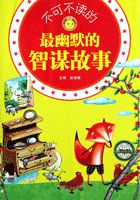The Cossacks in active service are to be met with in all parts of the Empire, from the Prussian to the Chinese frontier. In the Asiatic Provinces their services are invaluable. Capable of enduring an incredible amount of fatigue and all manner of privations, they can live and thrive in conditions which would soon disable regular troops. The capacity of self-adaptation, which is characteristic of the Russian people generally, is possessed by them in the highest degree. When placed on some distant Asiatic frontier they can at once transform themselves into squatters--
building their own houses, raising crops of grain, and living as colonists without neglecting their military duties.
I have sometimes heard it asserted by military men that the Cossack organisation is an antiquated institution, and that the soldiers which it produces, however useful they may be in Central Asia, would be of little service in regular European warfare. Whether this view, which received some confirmation in the Russo-Turkish War of 1877-78, is true or false I cannot pretend to say, for it is a subject on which a civilian has no right to speak; but I may remark that the Cossacks themselves are not by any means of that opinion. They regard themselves as the most valuable troops which the Tsar possesses, believing themselves capable of performing anything within the bounds of human possibility, and a good deal that lies beyond that limit. More than once Don Cossacks have assured me that if the Tsar had allowed them to fit out a flotilla of small boats during the Crimean War they would have captured the British fleet, as their ancestors used to capture Turkish galleys on the Black Sea!
In old times, throughout the whole territory of the Don Cossacks, agriculture was prohibited on pain of death. It is generally supposed that this measure was adopted with a view to preserve the martial spirit of the inhabitants, but it may be explained otherwise. The great majority of the Cossacks, averse to all regular, laborious occupations, wished to live by fishing, hunting, cattle-breeding, and marauding, but there was always amongst them a considerable number of immigrants--runaway serfs from the interior--
who had been accustomed to live by agriculture. These latter wished to raise crops on the fertile virgin soil, and if they had been allowed to do so they would to some extent have spoiled the pastures. We have here, I believe, the true reason for the above-
mentioned prohibition, and this view is strongly confirmed by analogous facts which I have observed in another locality. In the Kirghiz territory the poorer inhabitants of the aouls near the frontier, having few or no cattle, wish to let part of the common land to the neighbouring Russian peasantry for agricultural purposes; but the richer inhabitants, who possess flocks and herds, strenuously oppose this movement, and would doubtless prohibit it under pain of death if they had the power, because all agricultural encroachments diminish the pasture-land.
Whatever was the real reason of the prohibition, practical necessity proved in the long run too strong for the anti-
agriculturists. As the population augmented and the opportunities for marauding decreased, the majority had to overcome their repugnance to husbandry; and soon large patches of ploughed land or waving grain were to be seen in the vicinity of the stanitsas, as the Cossack villages are termed. At first there was no attempt to regulate this new use of the ager publicus. Each Cossack who wished to raise a crop ploughed and sowed wherever he thought fit, and retained as long as he chose the land thus appropriated; and when the soil began to show signs of exhaustion he abandoned his plot and ploughed elsewhere. But this unregulated use of the Communal property could not long continue. As the number of agriculturists increased, quarrels frequently arose, and sometimes terminated in bloodshed. Still worse evils appeared when markets were created in the vicinity, and it became possible to sell the grain for exportation. In some stanitsas the richer families appropriated enormous quantities of the common land by using several teams of oxen, or by hiring peasants in the nearest villages to come and plough for them; and instead of abandoning the land after raising two or three crops they retained possession of it, and came to regard it as their private property. Thus the whole of the arable land, or at least the best part of it, became actually, if not legally, the private property of a few families, whilst the less energetic or less fortunate inhabitants of the stanitsa had only parcels of comparatively barren soil, or had no land whatever, and became mere agricultural labourers.
After a time this injustice was remedied. The landless members justly complained that they had to bear the same burdens as those who possessed the land, and that therefore they ought to enjoy the same privileges. The old spirit of equality was still strong amongst them, and they ultimately succeeded in asserting their rights. In accordance with their demands the appropriated land was confiscated by the Commune, and the system of periodical redistributions was introduced. By this system each adult male possesses a share of the land.
These facts tend to throw light on some of the dark questions of social development in its early stages.

